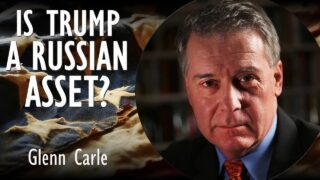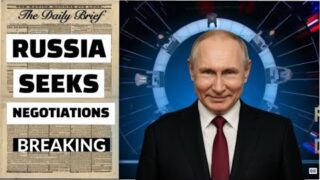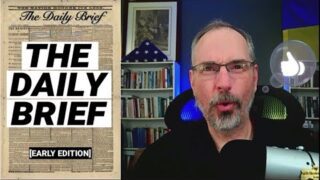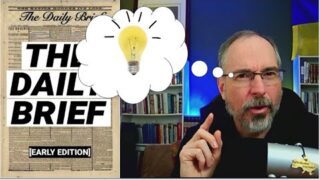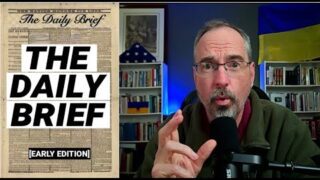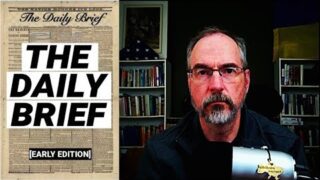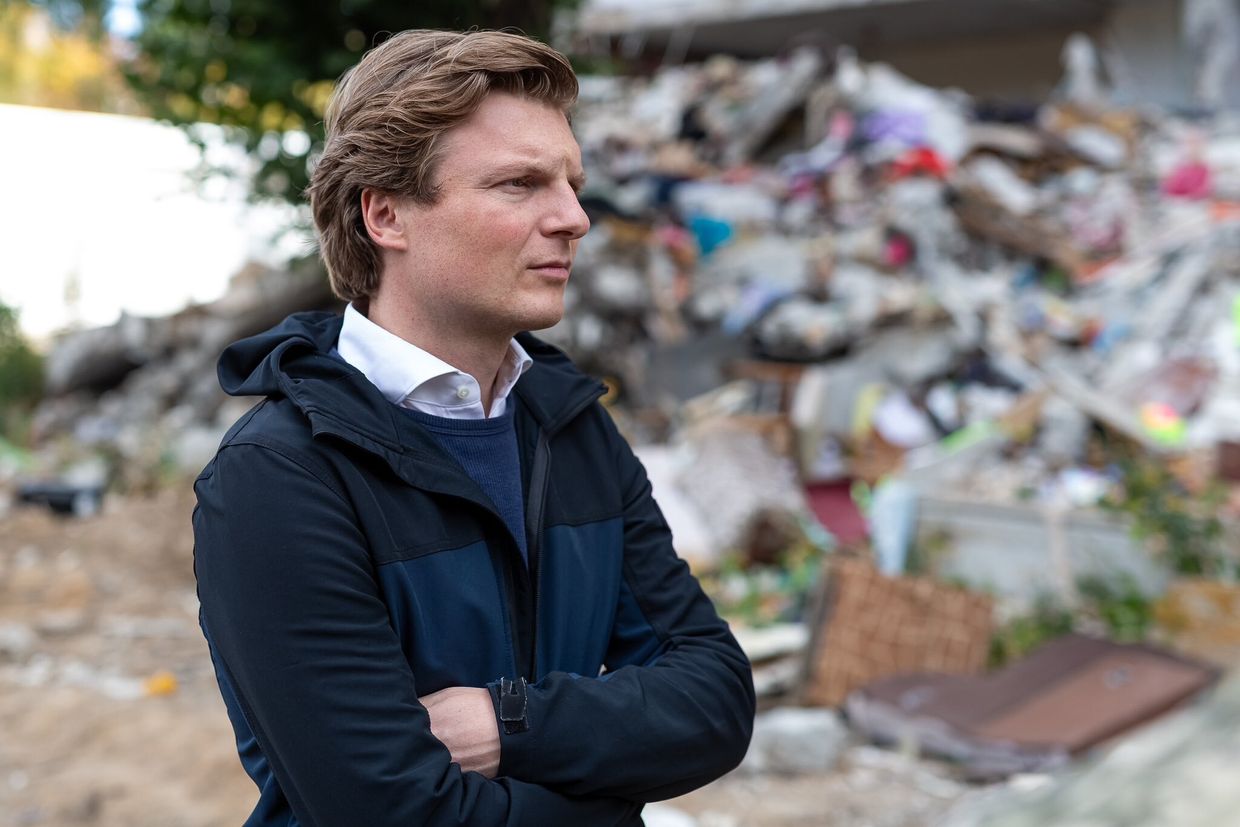
Russia sending first 1,500 North Korean troops against Ukraine to test world's reaction, Netherlands says
Dutch intelligence has confirmed that Moscow had deployed at least 1,500 North Korean troops to join the war against Ukraine, Dutch Defense Minister Ruben Brekelmans said on Oct. 25.
The Netherlands has joined Ukraine, South Korea, and the U.S. in confirming that Pyongyang has sent military personnel to aid Moscow's full-scale invasion of Ukraine.
"We expect the troops will mainly be deployed in Kursk and consist of mainly special units from the North Korean army," Brekelmans said in comments reported by Reuters.
According to the minister, the initial deployment should help Russia test the soldiers and the international reaction.
Brekelmans called the move a "clear escalation" and said the West must present an "appropriate response."
Other countries provided much higher estimates of the numbers North Korea is sending. While the U.S. said this concerns 3,000 soldiers, Ukraine said that Pyongyang has sent nearly 12,000 troops to Russia, including 500 officers and three generals.
The move signals deepening cooperation between Pyongyang and Moscow after North Korea also supplied Russia with artillery shells and ballistic missiles.
The first soldiers to participate alongside Russian forces in the war against Ukraine have been reportedly sent to Kursk Oblast, where Ukraine began a cross-border incursion in August and still holds significant swathes of territory.
According to President Volodymyr Zelensky, the first troops will be deployed to the combat zone on Oct. 27-28.
Kyiv and Seoul were raising alarms about the personnel transfer early on, but the U.S. acknowledged their presence only on Oct. 23, becoming the first Western country to do so.
The U.S. should "seriously consider taking direct military action against… North Korean troops" if they enter Russia's war in Ukraine, U.S. Select Committee on Intelligence Chairman Michael R. Turner said.
Pyongyang has denied the reports, while Russian President Vladimir Putin indirectly hinted at their presence but stopped short of denying or confirming the presence of North Korean troops.






